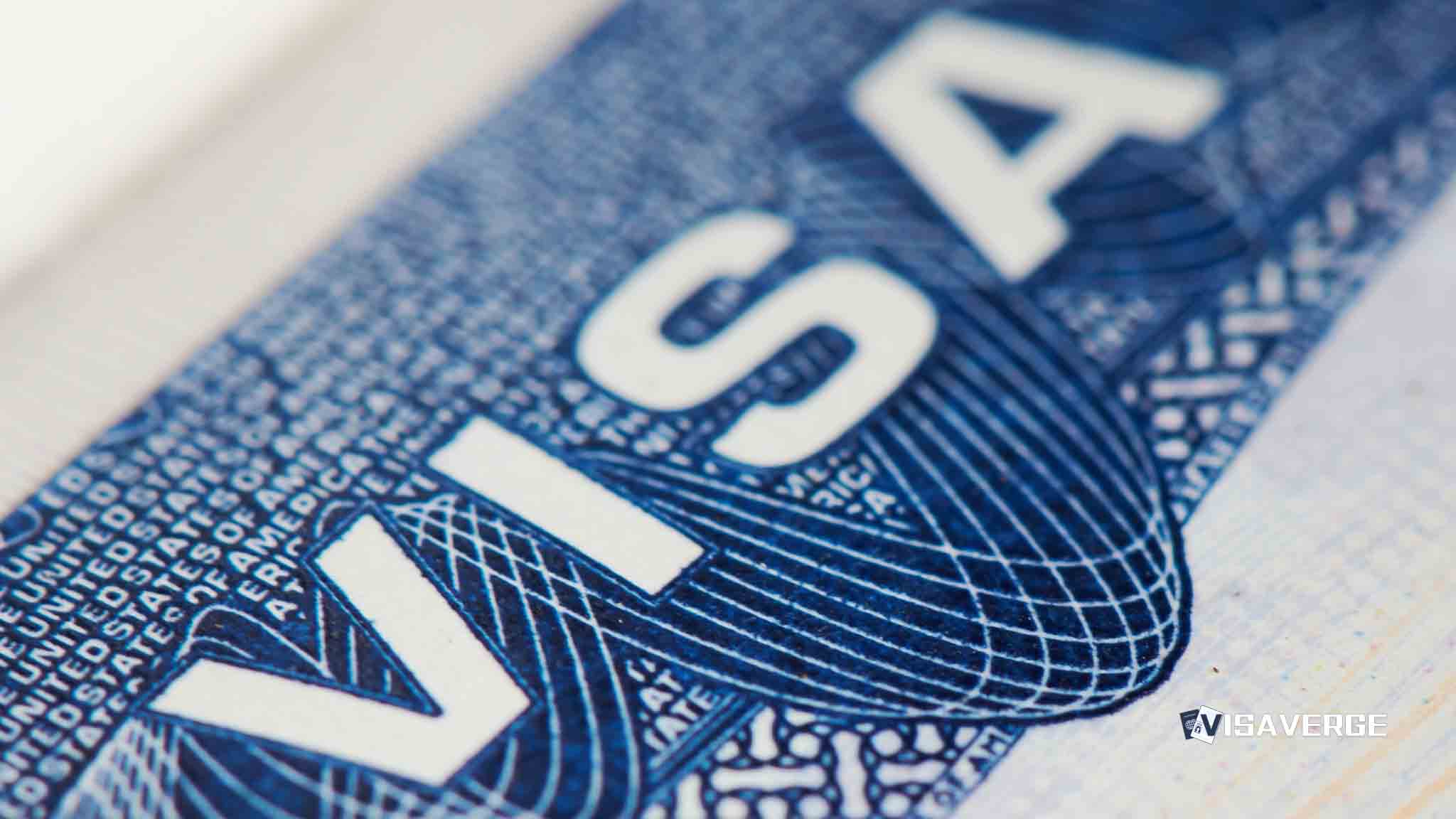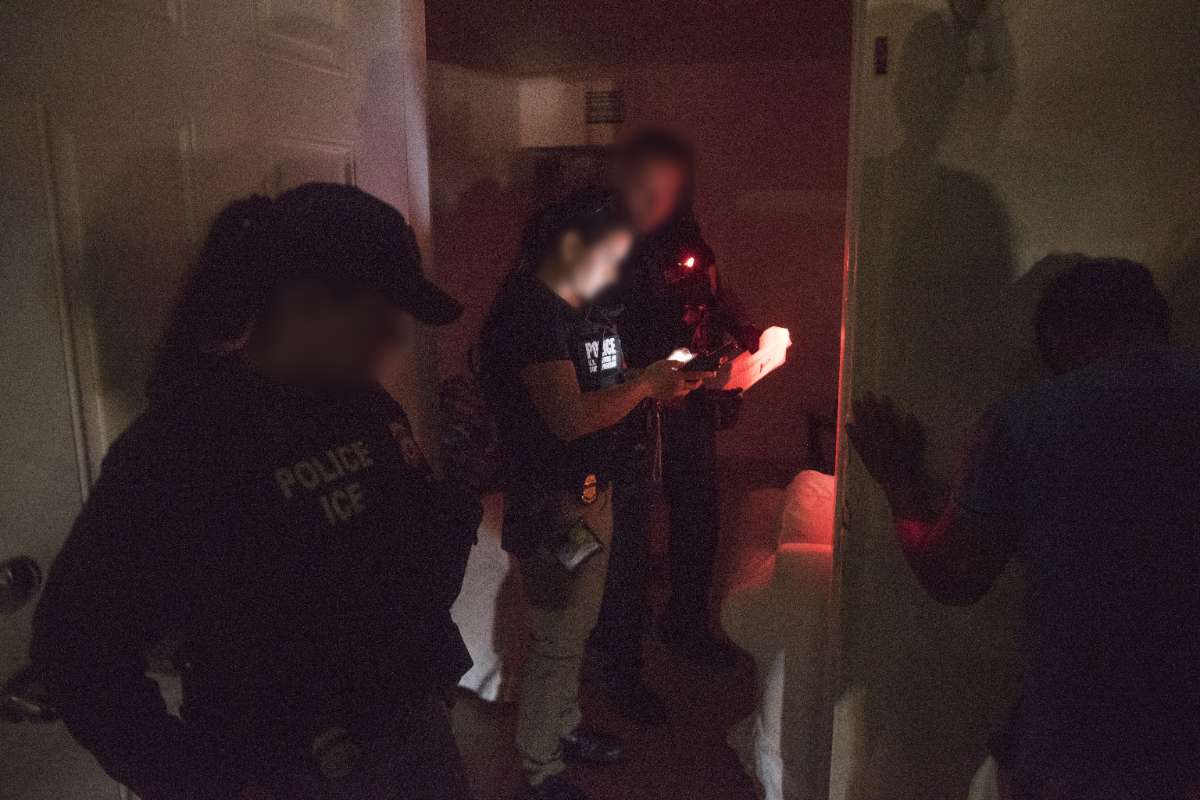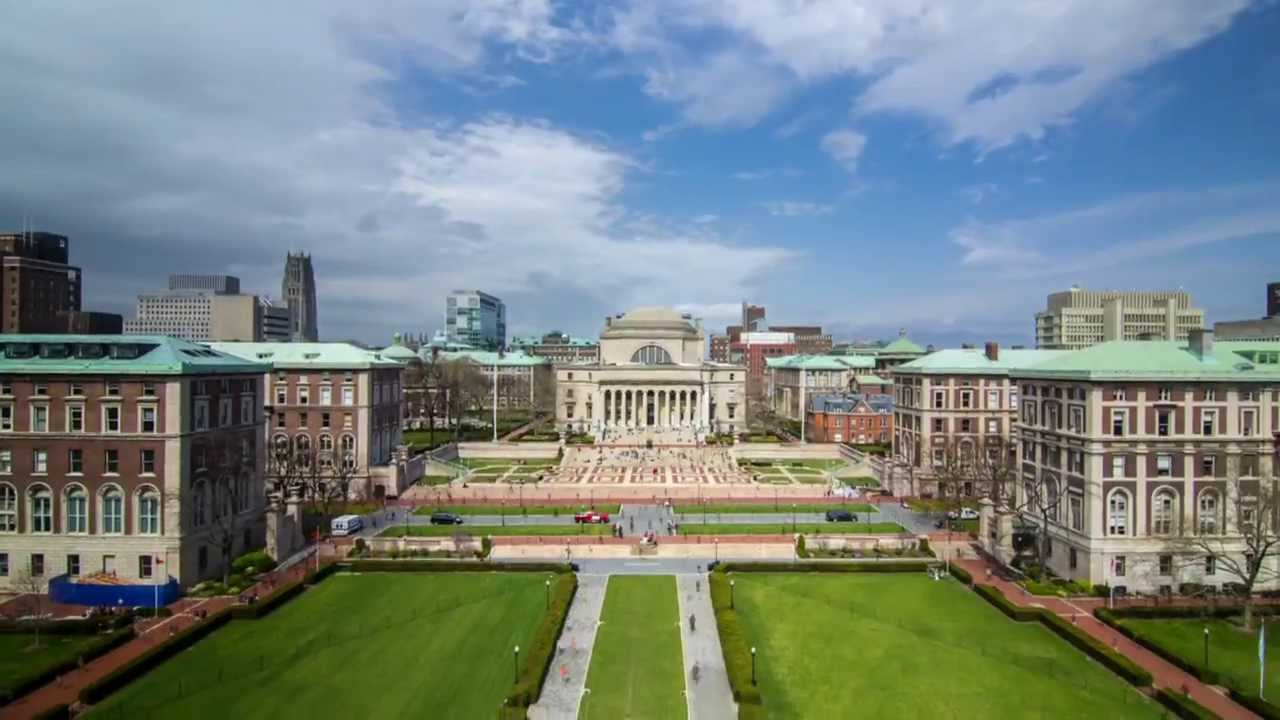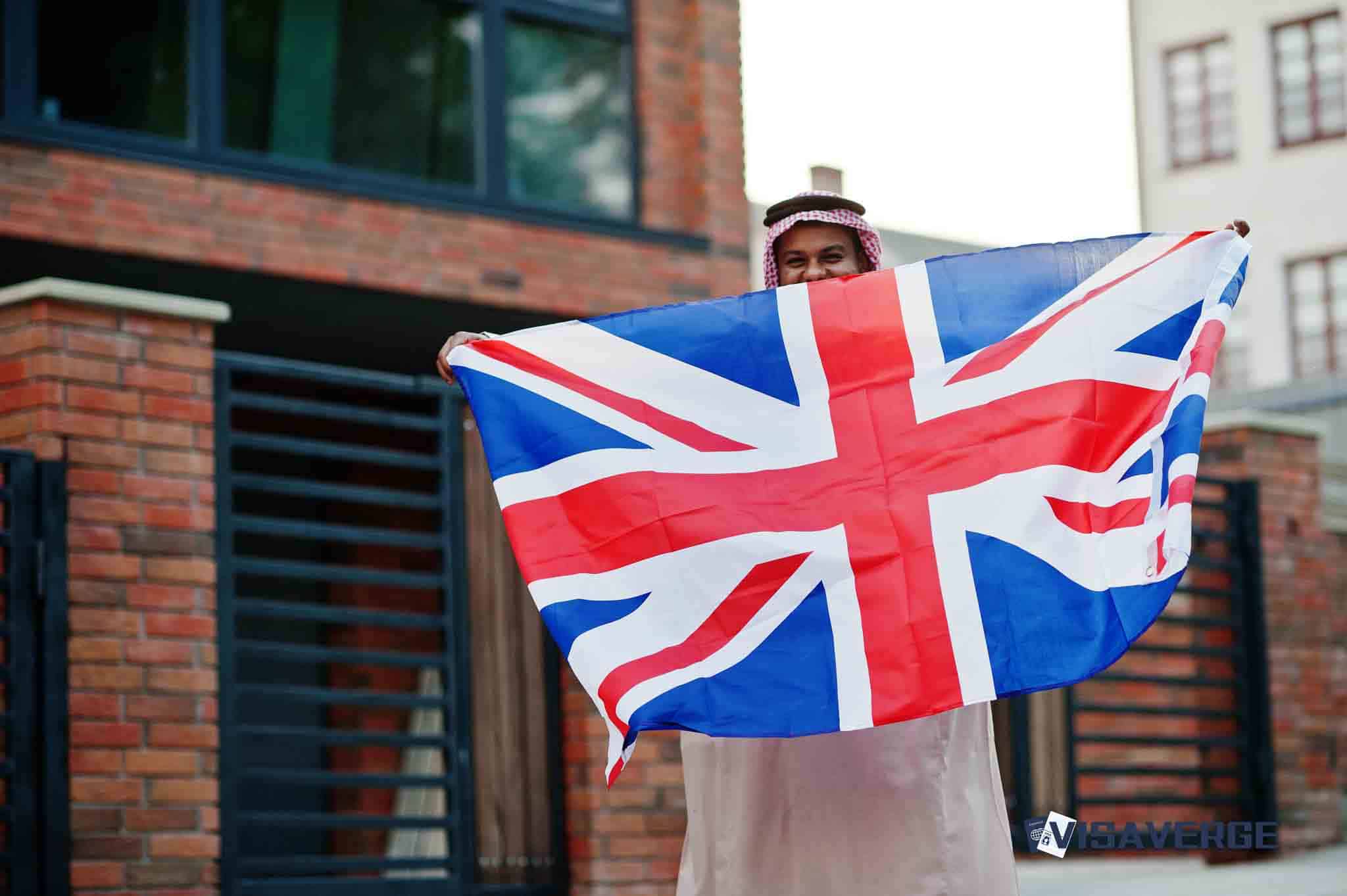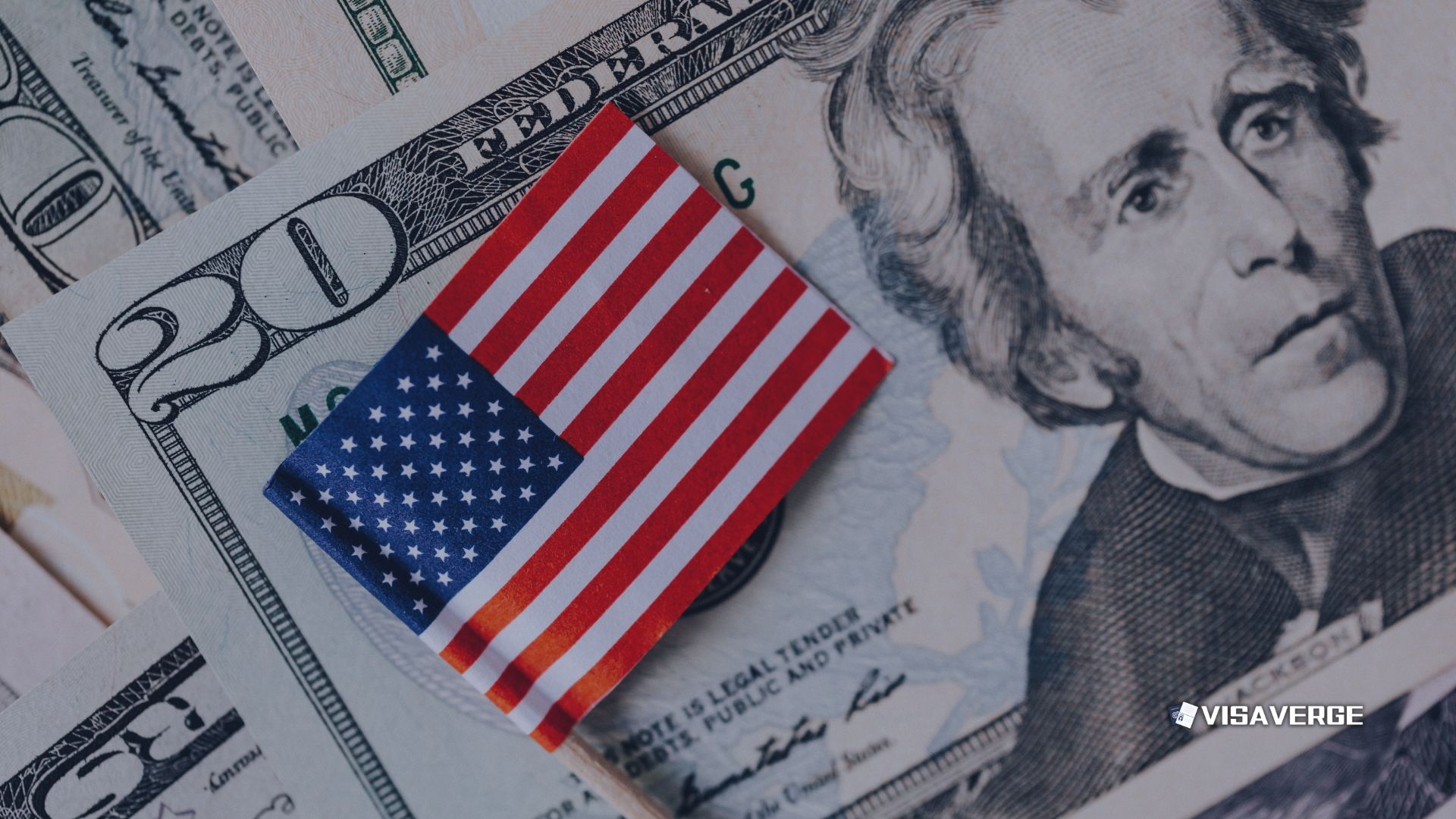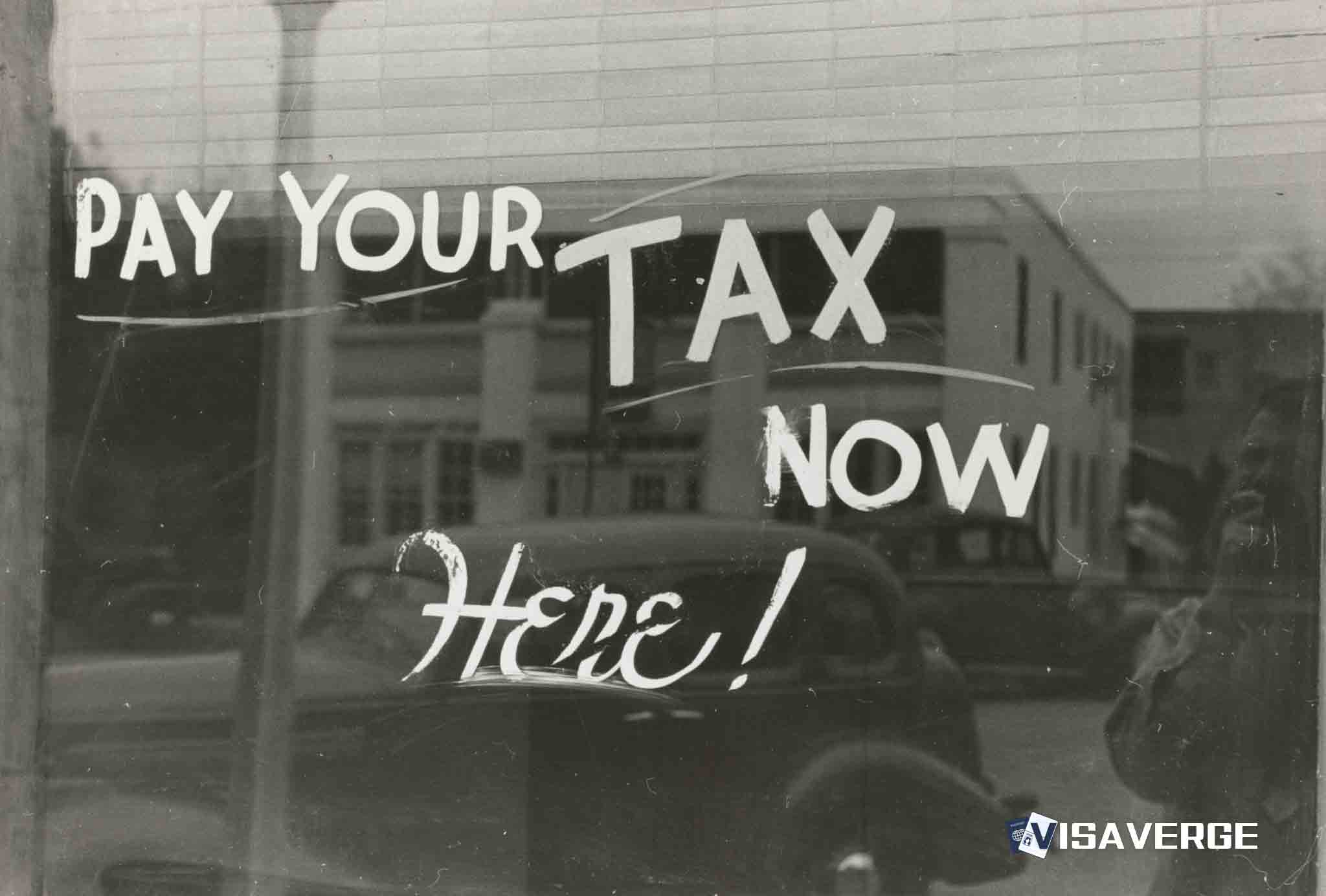Key Takeaways
• Australia revoked Ye’s visa on July 2, 2025, after his song ‘Heil Hitler’ praised Nazism.
• Visa cancellation used Section 501 Migration Act for character risk and hate speech promotion.
• Cancellation isn’t permanent; future visa applications will assess Ye’s behavior case-by-case.
Australia Revokes Ye’s Visa Over “Heil Hitler” Song: What It Means for Immigration Policy and Public Safety
On July 2, 2025, Australia 🇦🇺 made headlines around the world by revoking the entry visa of Ye, the artist formerly known as Kanye West. The decision came after Ye released a song titled “Heil Hitler,” which openly praises Adolf Hitler and promotes Nazism. This move, announced by Immigration Minister Tony Burke, highlights Australia’s strict approach to protecting its community from hate speech and extremist ideologies. The case has sparked wide debate about the balance between free speech, public safety, and immigration controls.
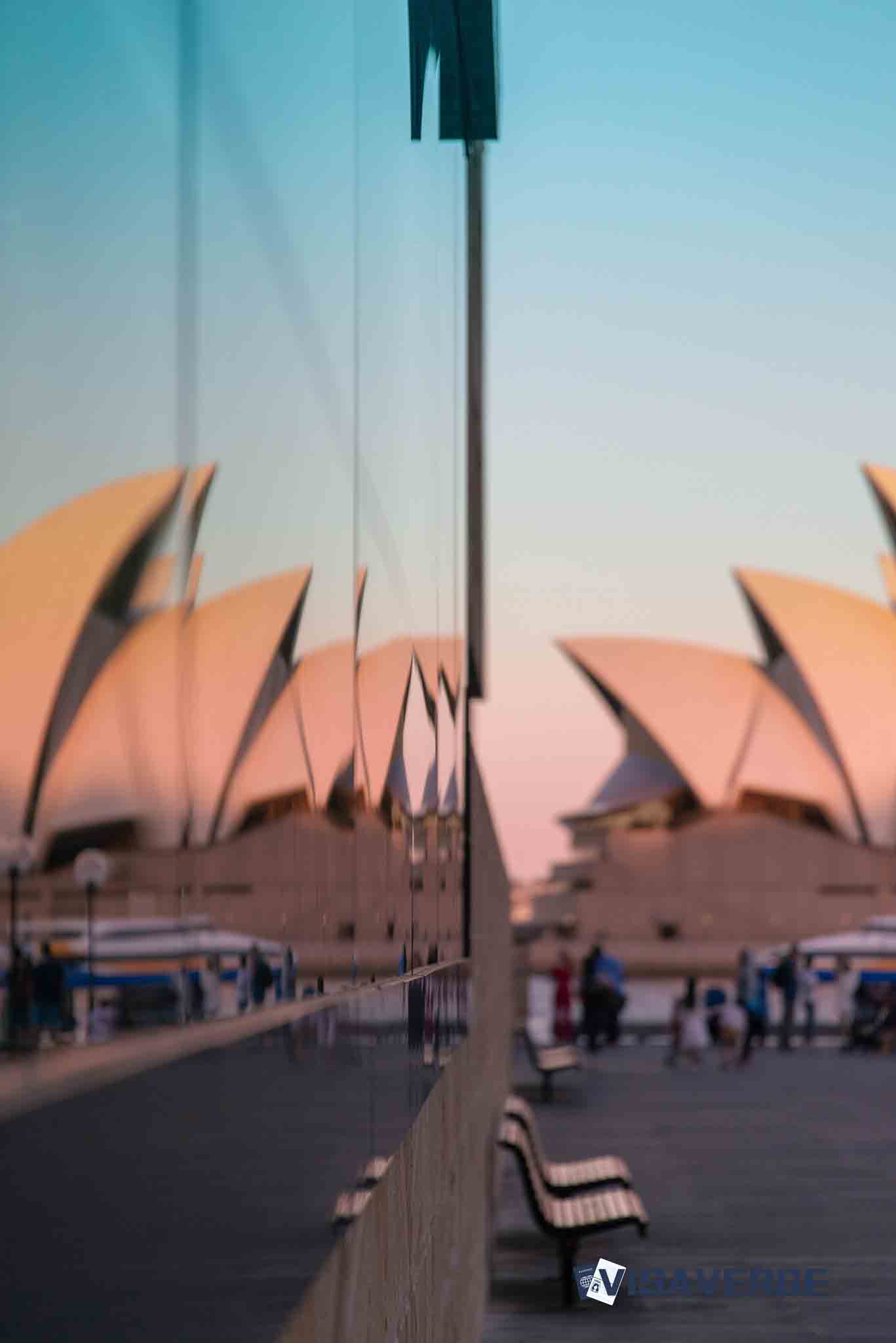
Who, What, When, Where, and Why: The Key Facts
Who: Ye (formerly Kanye West), a globally known musician and fashion designer
What: Had his Australian visa revoked after releasing a song called “Heil Hitler”
When: Visa revocation announced on July 2, 2025; the song was released in May 2025
Where: Australia 🇦🇺, with the decision made by the Department of Home Affairs and Immigration Minister Tony Burke
Why: The song’s lyrics praise Adolf Hitler and promote Nazism, which the government says is unacceptable and dangerous
How: Immigration officials used their powers under the Migration Act 1958, specifically the character requirements in Section 501, to cancel Ye’s visa after reviewing the content and impact of his new song.
Let’s break down what happened, why it matters, and what it means for people wanting to visit or move to Australia 🇦🇺.
Australia’s Decision: A Strong Stand Against Hate Speech
Minister Tony Burke’s Statement
Immigration Minister Tony Burke made it clear that Australia 🇦🇺 will not allow people who promote hate and bigotry to enter the country. He said, “If you’re going to have a song and promote that sort of Nazism, we don’t need that in Australia. We have enough problems in this country already without deliberately importing bigotry.” Burke also pointed out that Ye has made many offensive comments in the past, but the release of “Heil Hitler” was the final straw.
Visa Status and What Happens Next
- Ye’s visa was valid before the song’s release.
- After the song came out, immigration officials reviewed his case and cancelled the visa.
- This is not a permanent ban. If Ye applies for a visa again, officials will look at his case based on current laws and his recent actions.
- No immediate response was given by Ye or his representatives, and Australia’s Home Affairs Department did not comment further at the time.
Why Did Australia Cancel Ye’s Visa?
Australia’s Character Requirements for Visas
Australia 🇦🇺 has some of the strictest immigration rules in the world, especially when it comes to character. Under Section 501 of the Migration Act 1958, the government can refuse or cancel a visa if a person is found to be a risk to the community. This includes people who:
- Have a criminal record
- Are involved in serious misconduct
- Promote hate speech or extremist ideas
- Pose a risk to public safety
You can read more about these rules on the official Department of Home Affairs character requirements page.
Why the Song “Heil Hitler” Was the Trigger
The song “Heil Hitler” was released in May 2025 and includes lyrics that praise Adolf Hitler and repeat the phrase “Heil Hitler.” This kind of content is seen as promoting Nazism and antisemitism, which are both strongly condemned in Australia 🇦🇺. The government said that allowing Ye into the country after releasing such a song would send the wrong message and could put the community at risk.
Background: Ye’s History of Controversy
Previous Antisemitic Remarks
Ye has a long history of making antisemitic statements. In 2022, he posted comments on social media that led to his accounts being suspended. He also said in public, “I love Jewish people, but I also love Nazis… I do love Hitler.” These remarks caused outrage around the world and raised concerns about his influence.
Pattern of Behavior
The Australian government looked at Ye’s past actions as well as his recent song. Minister Burke said that the release of “Heil Hitler” was the final trigger, but it was part of a pattern of behavior that could harm the community.
How Australia Uses Immigration Law to Protect the Community
Section 501 of the Migration Act 1958
Section 501 gives the Australian government the power to refuse or cancel visas if a person does not meet the “character test.” This test looks at things like criminal history, past behavior, and whether someone has promoted violence or hatred. If officials believe a person could be a danger to the community, they can act quickly to stop them from entering the country.
What Is the Character Test?
The character test checks if a person:
- Has a substantial criminal record
- Has been involved in crimes like people smuggling or trafficking
- Has been found guilty of domestic violence or child abuse
- Has shown a pattern of bad behavior, including hate speech or promoting extremist ideas
If someone fails this test, their visa can be cancelled or refused. This is what happened in Ye’s case.
Not a Permanent Ban
It’s important to note that Ye’s visa cancellation is not a lifetime ban. If he wants to visit Australia 🇦🇺 in the future, he can apply again. Each application is reviewed on its own, and officials will look at his actions and statements at the time of the new application.
What Does This Mean for Other Visa Applicants?
Stricter Scrutiny for Public Figures
Ye’s case shows that Australia 🇦🇺 is willing to use its immigration powers even against famous people. The government has made it clear that celebrity status does not protect someone from visa cancellation if they promote hate or violence.
Implications for All Applicants
- Anyone applying for an Australian visa must meet the character requirements.
- Past actions, public statements, and even social media posts can be considered.
- If you have a history of promoting hate, violence, or extremist ideas, your visa could be refused or cancelled.
For Employers and Event Organizers
If you are planning to bring a public figure or performer to Australia 🇦🇺, you need to be aware of these rules. The government will look at the person’s background and may cancel their visa if they are seen as a risk. This can affect concerts, speaking tours, and other events.
Expert and Stakeholder Perspectives
Government’s View
Minister Tony Burke and the Home Affairs Ministry have both said that protecting the community is their top priority. They believe that allowing people who promote hate speech, like Ye with his “Heil Hitler” song, would put Australians at risk.
Community Reaction
Many community leaders and advocacy groups have supported the decision, saying it sends a strong message that Australia 🇦🇺 will not tolerate hate or extremism. Some have called for even tougher rules to keep out people who promote dangerous ideas.
Analysts’ Take
Experts say this is part of a global trend. More countries are using immigration laws to stop hate speech and extremist behavior. They are trying to balance free speech with the need to keep their communities safe and united.
Policy Implications: What This Case Means for Australia and Beyond
Setting a Precedent
Ye’s visa cancellation could set a precedent for how Australia 🇦🇺 and other countries handle similar cases in the future. It shows that governments are willing to act quickly and decisively when public figures cross the line into promoting hate or violence.
Balancing Free Speech and Safety
Some people argue that banning someone for their speech is a threat to free expression. Others say that when speech promotes hate or violence, it becomes a public safety issue. Australia 🇦🇺 has chosen to put community safety first in this case.
Impact on Future Visa Applications
- Public figures with controversial histories may face more scrutiny.
- Visa applications will be checked carefully for any signs of hate speech or extremist behavior.
- There is no guarantee of approval, even for celebrities or people with large followings.
What Should Visa Applicants Know?
Meeting the Character Test
If you are thinking about applying for a visa to Australia 🇦🇺, it’s important to:
- Be honest about your background.
- Avoid making or sharing statements that could be seen as promoting hate or violence.
- Understand that your public actions, including what you post online, can be reviewed.
How to Check the Rules
You can find the official character requirements and information about visa cancellations on the Australian Government Department of Home Affairs website.
What to Do If Your Visa Is Cancelled
If your visa is cancelled under Section 501, you may have the right to appeal. However, appeals can be difficult and are not always successful. It’s best to seek legal advice if you find yourself in this situation.
International Perspective: How Other Countries Handle Similar Cases
Global Trend Toward Stricter Controls
Australia 🇦🇺 is not alone in using immigration law to block people who promote hate or violence. Many countries, including the United States 🇺🇸, Canada 🇨🇦, and the United Kingdom 🇬🇧, have similar rules. They can refuse entry to people who are seen as a threat to public safety or who have a history of promoting extremist ideas.
Examples from Other Countries
- United States 🇺🇸: The U.S. can deny visas to people involved in terrorism, hate speech, or serious crimes.
- Canada 🇨🇦: Canada can refuse entry to people who pose a risk to its citizens or who have a criminal record.
- United Kingdom 🇬🇧: The UK has banned public figures for hate speech or extremist behavior in the past.
Why These Rules Matter
These rules are meant to protect communities from harm. Governments argue that allowing people who promote hate or violence into the country could lead to real-world dangers, including attacks or increased division.
Looking Ahead: What’s Next for Ye and Australia’s Immigration Policy?
Ye’s Future Options
Ye cannot enter Australia 🇦🇺 under his current visa status. If he wants to visit in the future, he will need to apply for a new visa. Officials will review his application based on his actions and statements at that time. There is no guarantee that he will be allowed in, even if he apologizes or changes his behavior.
Australia’s Approach Going Forward
The government has said it will continue to apply the character test strictly. This means that anyone with a history of hate speech, violence, or extremist ideas could face visa refusal or cancellation.
Possible Impact on Other Public Figures
Other celebrities or public figures who have made controversial statements may also face problems getting visas to Australia 🇦🇺. Event organizers and employers should be aware of these risks when planning tours or visits.
Practical Guidance for Readers
- If you are planning to visit or move to Australia 🇦🇺, make sure you meet all character requirements.
- Be careful about what you say and share online, as this can affect your visa application.
- If you have concerns about your eligibility, check the official government website or seek legal advice.
- Remember that visa decisions are made on a case-by-case basis, and past actions can have long-term effects.
Conclusion: Australia’s Message to the World
Australia 🇦🇺 has sent a clear message with its decision to revoke Ye’s visa over the “Heil Hitler” song. The government is willing to use its immigration powers to protect the community from hate speech and extremist ideas, even when it involves high-profile figures. This case highlights the importance of meeting character requirements and the growing role of immigration law in keeping communities safe.
As reported by VisaVerge.com, this decision reflects a broader trend where countries are using immigration controls to address hate speech and extremist behavior. For anyone considering a move to Australia 🇦🇺, understanding and respecting these rules is more important than ever.
For more information on Australia’s character requirements for visas, visit the official Department of Home Affairs character requirements page.
By staying informed and making responsible choices, visa applicants can improve their chances of a successful application and help keep communities safe and welcoming for everyone.
Learn Today
Visa Revocation → Official cancellation of a visa, preventing entry or stay due to legal or character concerns.
Section 501 Migration Act → Australian law allowing visa refusal or cancellation based on character and security risks.
Character Test → Assessment to determine if a visa applicant poses a risk due to criminal or extremist behavior.
Extremist Ideologies → Beliefs promoting hate or violence, such as Nazism, posing threats to public safety.
Hate Speech → Public expressions that promote hostility or violence against groups based on identity or beliefs.
This Article in a Nutshell
Australia revoked Ye’s visa after his ‘Heil Hitler’ song promoted Nazism, citing public safety under Section 501. This decision highlights strict immigration character tests balancing free speech with community protection.
— By VisaVerge.com


